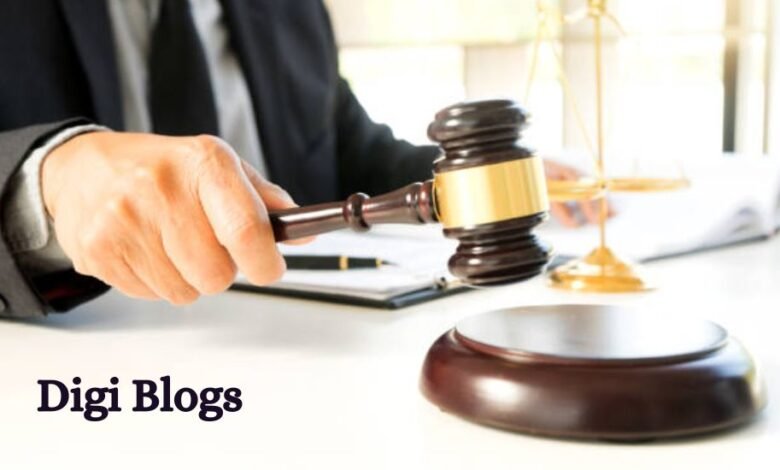
In recent legal developments, the C.W. Park USC lawsuit has garnered significant attention within academic and legal circles. This lawsuit revolves around allegations of misconduct and discriminatory practices at the University of Southern California (USC), involving prominent figures within its administration and faculty.
Background of the Lawsuit
The origins of the C.W. Park USC lawsuit trace back to allegations brought forward by several former employees and students of USC. These allegations primarily focus on C.W. Park, a notable figure within USC’s leadership, and encompass a range of accusations related to workplace harassment, discrimination, and misuse of authority.
Allegations Against C.W. Park
Central to the lawsuit are allegations that C.W. Park engaged in discriminatory practices, particularly targeting individuals based on their race and gender. These allegations have sparked debates about institutional culture and leadership accountability within USC, prompting a broader discussion about diversity and inclusion in academic settings.
Legal Proceedings and Impact
The legal proceedings surrounding the C.W. Park USC lawsuit are ongoing, with both sides presenting arguments and evidence to substantiate their claims. The outcome of this lawsuit is anticipated to have far-reaching implications for USC’s policies on workplace conduct and the handling of internal grievances.
Public and Academic Reaction
The C.W. Park USC lawsuit has not only attracted attention within legal spheres but has also sparked public and academic discourse on issues of accountability, transparency, and ethics in higher education. Many have called for a thorough investigation into the allegations and a reassessment of USC’s leadership practices.
Key Players in the Lawsuit
Involvement of C.W. Park
C.W. Park, a prominent figure within USC’s administration, stands accused of fostering a hostile work environment through alleged discriminatory practices. Former employees and students have detailed incidents where Park’s actions allegedly perpetuated a culture of fear and discrimination, particularly affecting individuals from marginalized communities. These accusations have prompted scrutiny not only of Park’s conduct but also of USC’s handling of internal complaints and its commitment to diversity and inclusion.
Legal Arguments and Counterclaims
Legal arguments in the C.W. Park USC lawsuit have revolved around the interpretation of workplace policies and the extent of Park’s responsibilities as a senior administrator. Plaintiffs argue that USC failed to adequately address complaints against Park, leading to a continuation of the alleged discriminatory practices. In response, USC has defended its actions, asserting that it has taken steps to investigate and address the concerns raised, while also emphasizing its commitment to fostering a supportive and inclusive environment for all members of its community.
Impact on USC’s Reputation
The C.W. Park USC lawsuit has had a significant impact on the university’s reputation, both locally and nationally. The allegations have sparked protests and calls for transparency from students, alumni, and advocacy groups, urging USC to take decisive action to address systemic issues within its leadership and administration. The outcome of this lawsuit is closely watched as it could potentially influence USC’s standing among peer institutions and its ability to attract and retain diverse talent.
Broader Implications for Higher Education
Beyond USC, the C.W. Park lawsuit raises broader questions about accountability and governance in higher education institutions. It underscores the importance of robust policies and procedures for handling allegations of misconduct and discrimination, ensuring that all members of the university community feel safe and supported. The case serves as a reminder of the ongoing challenges faced by institutions in maintaining ethical standards and fostering an inclusive environment conducive to learning and research.
Conclusion
In conclusion, the C.W. Park USC lawsuit represents a significant legal challenge for USC, highlighting broader concerns about workplace culture and leadership ethics in academic institutions. As the legal proceedings unfold, the outcome of this case will likely influence future policies and practices at USC and serve as a precedent for addressing similar issues within higher education.





